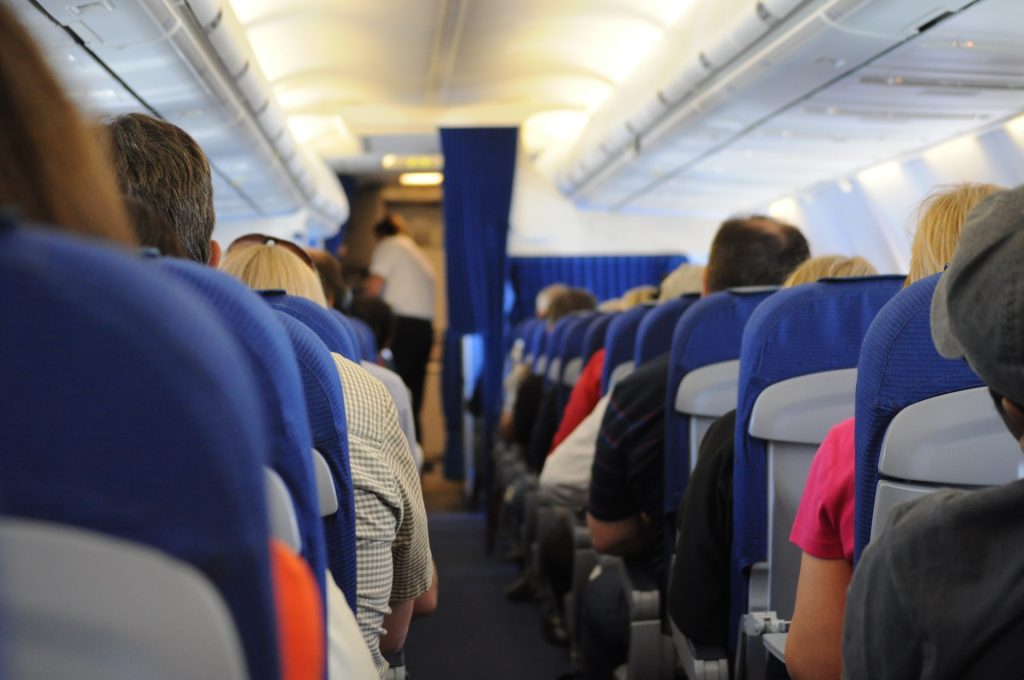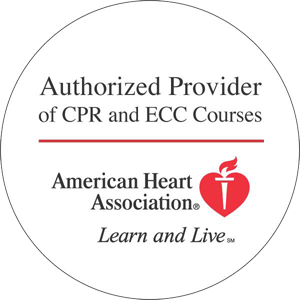HeartCert is excited to introduce a new, one-of-a-kind CPR training option. Our private CPR course allows you to choose a time that works for your schedule. CPR certification has never been easier!
Why We Launched Our Private CPR Course
There’s no question that CPR saves lives. According to the American Heart Association, more than 350,000 cardiac arrests occur outside of a hospital setting every year. Only about 10% of people who experience cardiac arrest in a non-medical setting survive. But if CPR is performed immediately, the chances of survival double or even triple.
Read: What’s the Difference Between Heart Attack and Cardiac Arrest?
Unfortunately, bystander CPR is performed on fewer than half of all out-of-hospital cardiac arrests. By offering CPR training courses that are easy and accessible, we’re hoping to change that number.
How Does Private CPR Training Work?
When you enroll for our private CPR certification course, you’ll be able to choose a time that works for your schedule. You’ll receive immediate access to online training materials and videos. When you’ve completed the coursework, you’ll have access to our Eagan, MN headquarters at your scheduled time.
Then, an instructor will connect with you virtually to take you through the final steps of the CPR certification process. You will receive an American Red Cross CPR certification, which is valid for two years.
See how it works:
We’re offering two options for private CPR training: Basic Life Support (BLS) and Adult/Child/Infant CPR/AED with First Aid.
Learn more and register here, and contact us with any questions.
HeartCert CPR is your trusted training partner for CPR, ACLS, PALS, EMR, First Aid, CNA, IV and more, in Minnesota and throughout the United States.
HeartCert CPR courses include CPR/AED/First Aid, Basic Life Support (BLS), Advanced Cardiac Life Support (ACLS), Pediatric Advanced Life Support (PALS), Certified Nursing Assistant training, IV training, babysitter training and more. Courses and certifications from both the American Heart Association and American Red Cross are available.
We are now offering virtual CPR courses and certifications, as well as safe in-person courses at all locations and our headquarters, HeartCert CPR Eagan.







